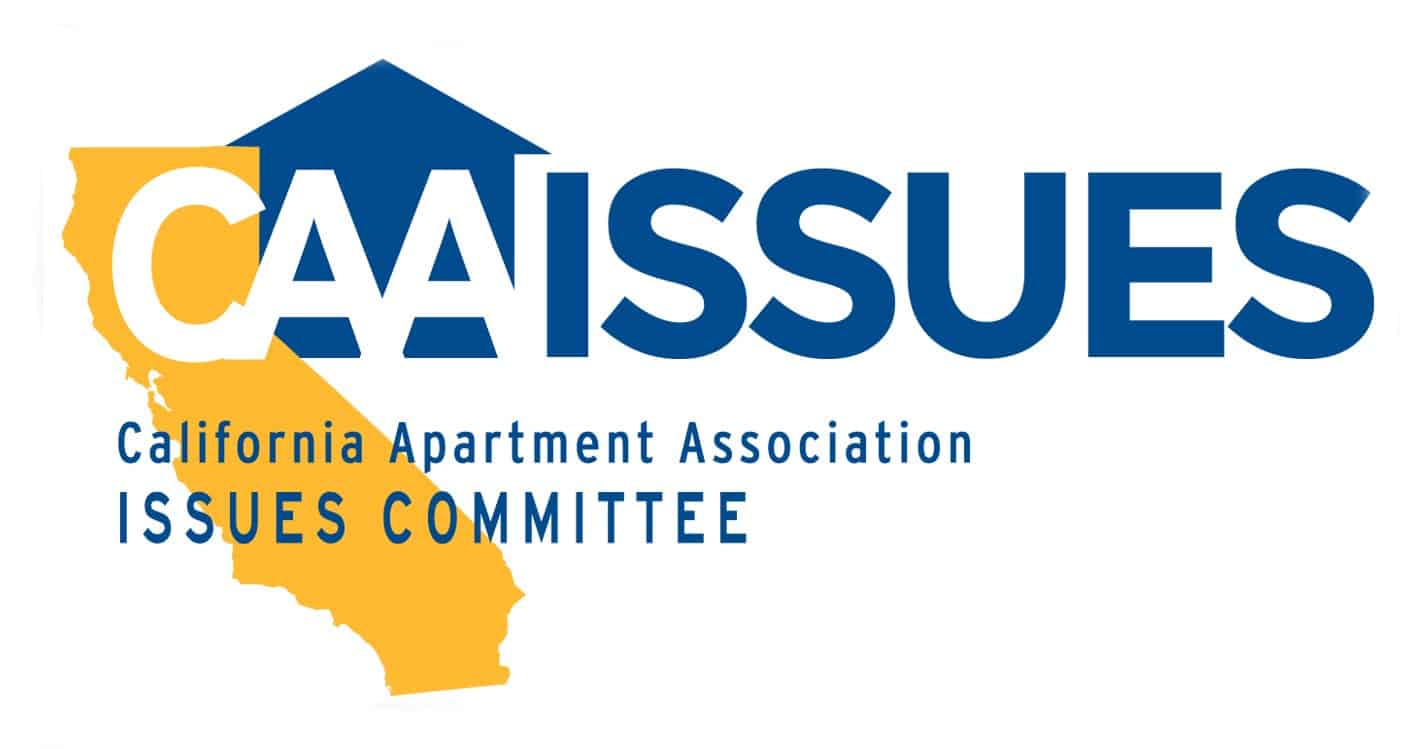Gov. Gavin Newsom has approved a three-month extension of California’s COVID-19 eviction moratorium.
Newsom signed AB 832 on Monday shortly after the bill passed the Assembly on a 65 to 9 vote and the Senate on a 34 to 0 vote.
The state’s eviction moratorium had been scheduled to expire with SB 91 on Wednesday, June 30, but will now run through Sept. 30. Tenant activists had pushed for an extension through the remainder of the year.
California’s move comes just a few days after the U.S. Centers for Disease Control and Prevention extended a nationwide eviction moratorium through July. On Tuesday, the U.S. Supreme Court rejected a request to lift the CDC order.
Tom Bannon, chief executive officer of the California Apartment Association, offered the following statement last week after the introduction of AB 832:
“We are disappointed that the CDC extended a nationwide eviction moratorium through July, and the State of California has extended an eviction moratorium through September. Both the federal and state eviction moratoriums would not be necessary if state and local governments were disbursing rental assistance funds to tenants and housing providers in an expedited manner.
“It is frustrating that the State of California and numerous local governments have not quickly disbursed funds to those in need, especially to mom-and-pop rental housing providers who have not seen any rent payments yet. They are still required to pay the mortgage, insurance, taxes, maintenance, and other expenses.”
Limits new local eviction moratoria
The new law prohibits cities and counties from adopting new eviction moratoria from now through March 2022, although existing local moratoria can remain in effect, such as in the City of Los Angeles. By pre-empting local governments, the bill will ensure consistency in eviction policies across the state and prevent some cities from implementing more onerous local eviction moratoria.
Over 5,000 letters from members of the California Apartment Association made it clear to legislators that a long extension was unacceptable, while at the same time, they drove home the need to get money to property owners quickly. This new legislation will pay owners 100% of their past and future rent.
AB 832 comes despite California fully reopening its economy this month, rising COVID-19 vaccination rates, and declining infections. Moreover, a newly released report by Beacon Economics shows that most renters are well-positioned to rebound from the pandemic financially.
Underpinning the extension, though, is the state and local governments’ inefficient distribution of rental assistance to renters and rental housing providers who have applied and qualify but have heard nothing from funding administrators.
“It is unacceptable that state and local governments have distributed less than 15% of the billions of dollars earmarked for California rental assistance,” Bannon has said. “California has got to distribute these dollars faster so that the eviction moratorium being introduced today is the last.”
More time to pay 25%
Under the bill, tenants who’ve completed a declaration of COVID-19 hardship will receive three more months to pay 25% of the rent owed during the pandemic. If they do so, they will stay protected against eviction for those rental arrears. They still owe the rent, however. Tenants who have failed to produce a completed declaration of COVID-19 hardship can still be evicted for nonpayment of rent, just as under SB 91.
Owners must apply for funding before evicting
Beginning Oct. 1, 2021, owners can begin to serve tenants with a three-day notice to pay rent or quit. AB 832 does, however, require rental owners to verify they have applied for rental relief funding and have waited at least 20 days. If the owner hears nothing from the government or the tenant about the funding within those 20 days, the owner can proceed with an eviction.
Under the new law, rental owners will be paid 100% of back rent owed by qualifying tenants — up from 80% in SB 91. Those who have already received the 80% will automatically receive the remaining 20%. Although rental assistance is still reserved for tenants earning less than 80% of the area median income, the state is making some exceptions for higher-earning renters who can show a loss of wages due to COVID. CAA is requesting state dollars to help owners who have been saddled with tenants who have not paid, who have left owing money, and who don’t – and never would have – qualified for funding.
Reforms against abuse still needed
Bannon said CAA continues to call on the state and local governments to limit protections in those situations where tenants have used loopholes in SB 91 to avoid paying rent even if they could afford to.
“Unfortunately, thousands of renters are abusing the system,” Bannon has said. “We’re talking about people who had the ability to pay or kept working full time throughout the pandemic but quit paying rent because they knew the moratorium would make it difficult to proceed with an eviction. This cannot continue.”

